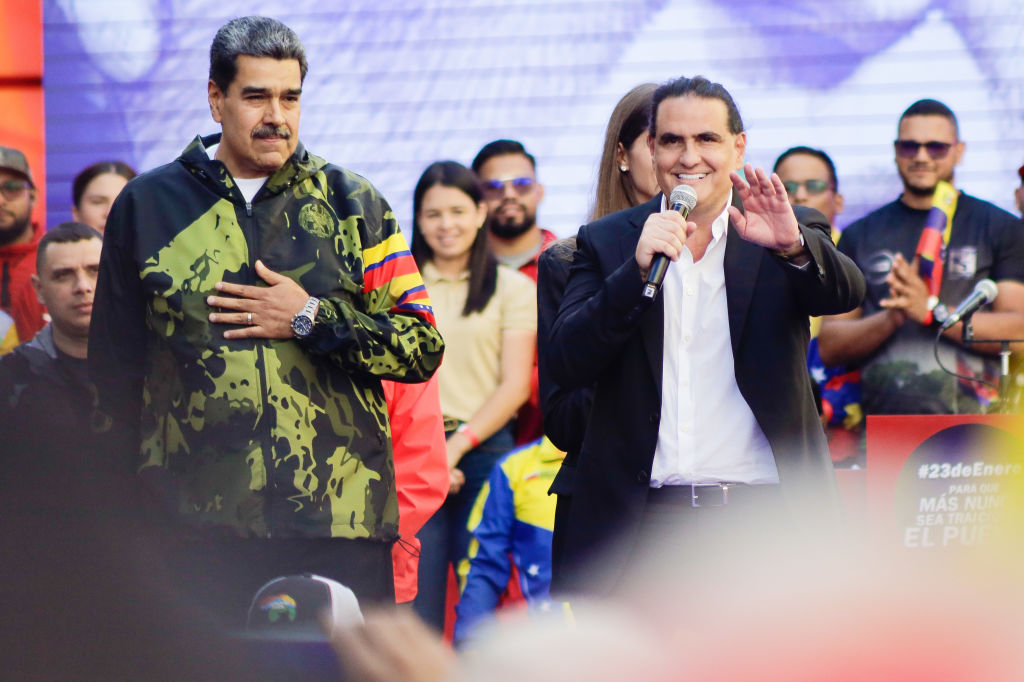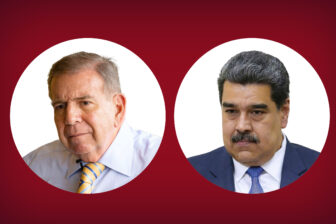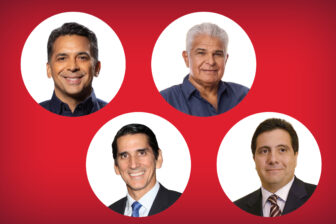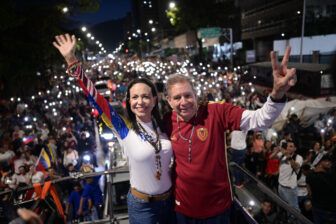CARACAS— Few expected a complete resolution of Venezuela’s political crisis this year. But many did hope, at least, for substantial progress towards a democratic transition that would put the country’s citizens first, capping an era of unprecedented polarization. This process, thorny throughout and riddled with false starts, is now on the brink of complete collapse.
Much earlier than expected, uncertainty has reached a new peak with last week’s clumsy disqualification of María Corina Machado, the opposition’s leading candidate for the 2024 presidential elections. The move unnecessarily puts at risk a political process that has been so arduous and slow to get back on track supported by the Barbados accord signed last October by the government and opposition.
Shortly after the agreement was inked in Barbados, the U.S. authorities enacted the General License 44 (GL 44), suspending most of the economic sanctions on Nicolas Maduro’s administration and generating favorable expectations all around. It was an essential and valuable step that has allowed the country to improve its oil revenues and hope for a boost to economic activity beyond oil. The government would obtain more income this year: oil exports would increase by about $5 billion, reaching a total of $18 billion, possibly improving the population’s income and advancing investments to improve the pitiful electrical, water, and gas infrastructure.
Assuming the GL 44 license was in force all year, our macroeconomic projections show that Venezuela’s economic performance could reach 6-7% annual growth this year, up from a precarious 2-3%. There would be improvements in consumption that would pave the way for the advancement of national production, and inflation could slow down with less sacrifice, with more room for bank lending, lower tax pressure, and less reduction of public spending.
Now, all of this is in jeopardy. Expectations have already been hit, and investment decisions in the oil and non-oil sectors may well go into “wait and see” mode.

Meet the candidates in Venezuela’s 2024 presidential election
Instead of conducting a fair judicial process, staying within Venezuela’s constitution and the Barbados agreement, the government preferred to clear its electoral path early rather than allow María Corina Machado’s political capital to take shape and strength.
It was clear that the Venezuelan government would hardly take the risk facing the opposition candidate after the overwhelming result of last October’s primaries. However, the administration could have continued marshaling its political forces without endangering the easing of sanctions that the U.S. government recently granted as part of the Barbados agreement.
But Machado’s disqualification put the economic oxygen GL 44 began to provide to the country at risk of being cut off, making a U.S. reaction almost inevitable, as clearly stated this week by the Department of State. Machado attended the Supreme Court of Justice (TSJ) in December to request information about the accusations against her. She did not receive a response from the TSJ, nor was she notified by the Comptroller’s Office, nor had access to any procedure. The January 26 TSJ ruling failed to incorporate any input from the defendant, in violation of legal procedure, Venezuela’s Constitution and the Barbados agreement, leaving the country’s population in the lurch.
Another unnecessary aggravation
But recent events add to an already difficult backdrop. On January 15, Alex Saab, the Colombian financier recently released from U.S. custody in exchange for 10 Americans detained in Venezuela, was appointed head of the International Center for Productive Investments (CIIP in Spanish). This agency is set to handle all the contracts and oil investment agreements more expeditiously to take advantage of the space created with GL 44.
But because Saab is still sanctioned by U.S. authorities, no American company, citizen, or person with relations and interests in the United States can even speak with him if not expressly authorized by the Office of Foreign Assets Control, OFAC, the financial intelligence and enforcement agency of the U.S. Treasury Department.
The move makes clear that Venezuela and its people are irrelevant to Maduro’s government, which seems more intent on snubbing the U.S. government than promoting the economic revival that has been underway since the enactment of the GL 44 license.
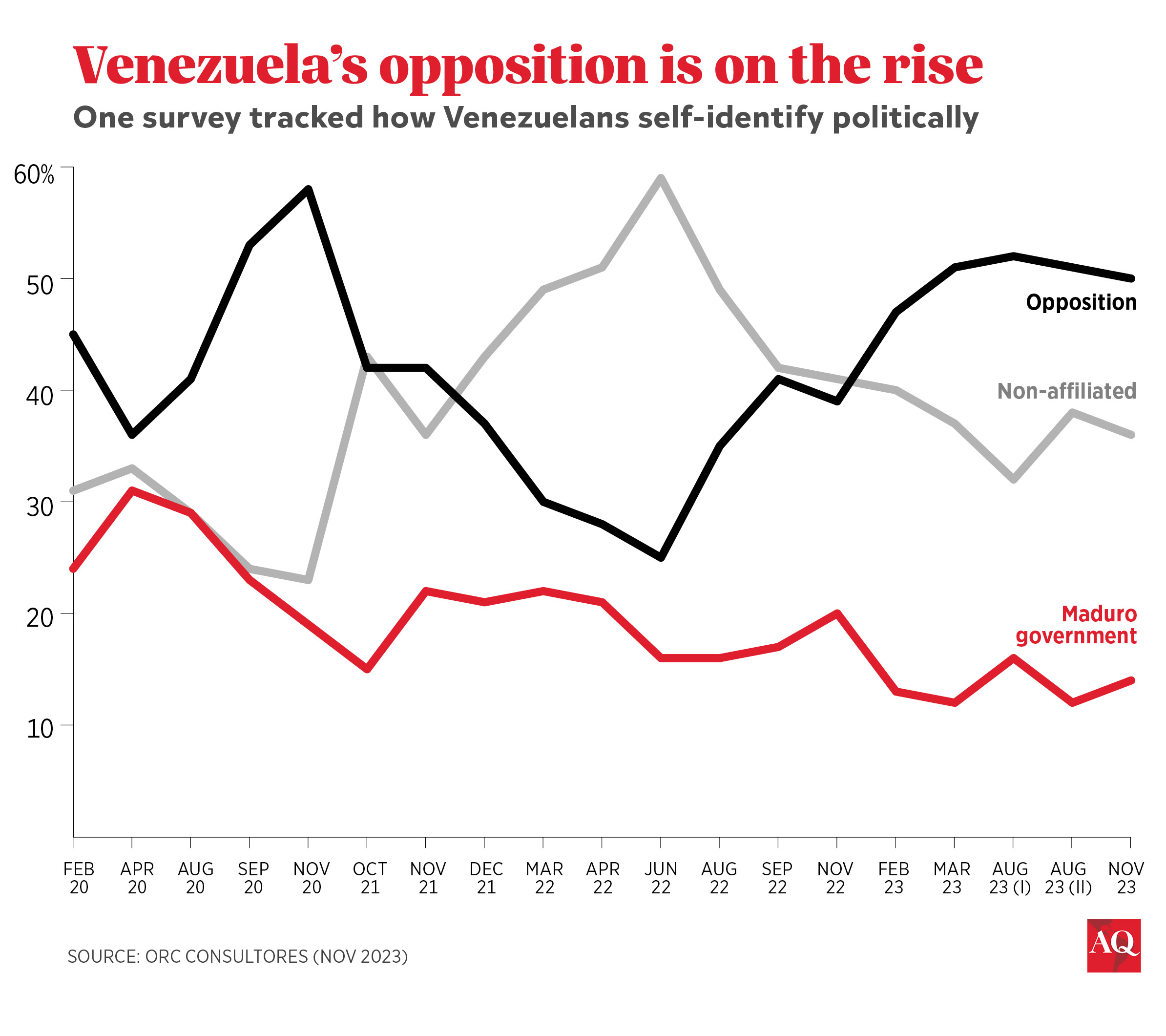
These acts make it difficult for the United States to pursue the policy it seems intent on: making the sanctions more flexible, having recognized that the “maximum pressure” era uselessly aggravated what was already a situation of unprecedented precariousness for Venezuelans. Improving the country’s living conditions is essential to stem the flow from Latin America’s largest source of migration. Those in the diaspora have borne the brunt of the recent macroeconomic debacle.
Now, the risk of further deterioration is high. The decisions by the Venezuelan government make the non-renewal of GL 44 practically inevitable on April 18. It’s also likely that the progress made within the framework of the Doha and Barbados negotiations will be halted, derailing the path of any new licenses in the easing pipeline that would give financial breathing room not just to the government, but to the country at large.
No more U.S. sanctions are needed. They must all be dismantled, allowing the private sector to produce without the enormous costs of over-compliance that hinder daily operations. The government should be left alone with its blunders—and the responsibility to correct them with the sense of urgency that Venezuela requires.
Let’s hope the path to a democratic transition has not been closed and the government and the opposition can overcome this regrettable but surmountable episode. The country needs and deserves leadership that is in tune with the needs of the people. A solution to Venezuela’s protracted crisis, more political than ever, must allow the relaunch of the economy.
—
Herrera is an economist and managing director at Síntesis Financiera, a Caracas-based consulting firm.

